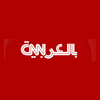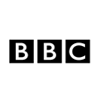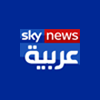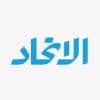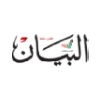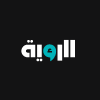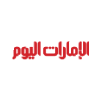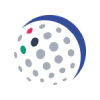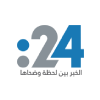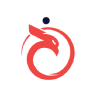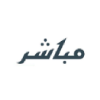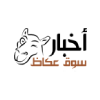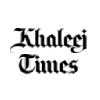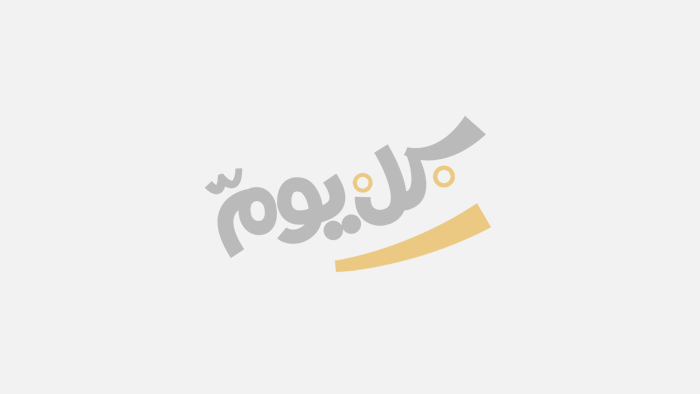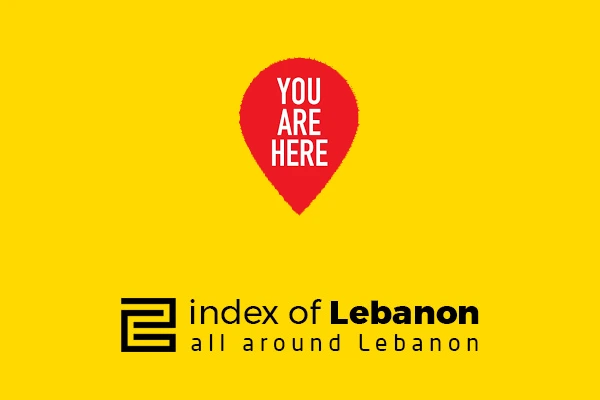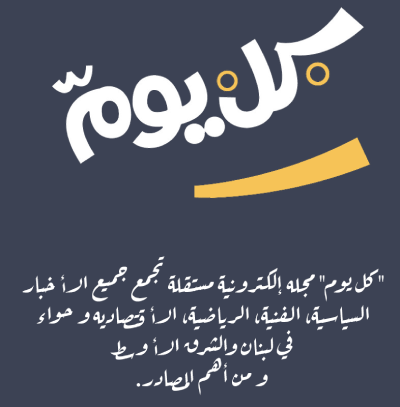Uae News
Klyoum.com - thenationalnewsThe UAE plans to focus on three key areas to break new ground and set standards in global health.
The countrys innovative and proactive approach towards AI, genomics and health literacy was on display at the inaugural Abu Dhabi Healthcare Week.
The remarks by some of the countrys leading health experts are timely, particularly with global demographic shifts such as ageing populations and lower birth rates, and the rise of chronic diseases including obesity.
'We are pioneering an integrated, proactive approach to health that we hope will become a blueprint for the world,' Dr Ahmed Al Khazraji, acting director general of Abu Dhabi’s Public Health Centre, told The National.
'The transition from healthcare to health is an interdisciplinary effort, and we are committed to leading this change.
“We’re seeing rising obesity rates and increasing cancer rates, which are forecast to climb even higher. Consequently, mortality rates from these diseases are expected to rise. This makes it a critical call to action for us.
'Prevention is a key focus. We want to prevent the onset of disease and make sure people remain healthy. The shift means transitioning from reactive health care – waiting for a problem to occur and then expecting people to come to us, often too late – to proactive healthcare, which keeps people healthy and prevents the onset of disease.”
Red flags before you arrive
The role of AI is something Dr Al Khazraji highlights as being integral to the future of health.
“Picture yourself going to the doctor for a regular check-up. Before you arrive, they click on your patient profile – there’s a clear flag that you may be at greater risk for a specific cancer, given a family member who was also diagnosed later in life,' he said.
'Your doctor sits you down and immediately discusses potential lifestyle changes and other treatments that would lower your risk. You take the doctor’s advice now, and for many years in the future, you do not receive a cancer diagnosis. That is how we see the future of health – proactive and preventive.”
The importance of data, and the study of genomics, allows for a 'hyper-personalised' approach, he said, noting that the Emirati Genome Programme is one example where disease risks can be identified – allowing for diseases to be caught before they happen in a best-case scenario, or caught early in a worst-case scenario.
But medical check-ups and advances in technology are just one part of the journey, he said, highlighting the critical role of healthy living and that health is a shared responsibility between the health, public and private sectors, as well as the community at large.
“It’s not just about seeing a doctor occasionally; it’s about maintaining a healthy lifestyle every day. This includes physical and mental health – moving more, eating better, maintaining your mental well-being, and getting adequate sleep.”
Health literacy
A key strategy is also to raise health literacy, with Dr Al Khazraji noting that wearables and other technologies can help us understand our health at a 'hyper-personalised level'.
“We must ensure that everyone has a basic understanding of health and healthy living,' he explained.
'Also, ensuring that all members of society have equitable access to that knowledge is vital – the elderly, people of determination, manual labour workforce, diverse cultural groups, and others.
“The interdisciplinary approach, data-driven decision-making, and proactive strategies we employ are creating a model that other countries can follow. By bringing together government and private sectors, we aim to foster innovation and effective health solutions.”
Dr James Mault, founder and chief executive of BioIntelliSense, which produces the BioButton, is also an advisory board member of Abu Dhabi’s M42. He said the rate of progress in medicine has been slower than other sectors.
'Healthcare hasnt yet taken full advantage of what technology has to offer,' he told The National.
'Were at the inception of easily one of the most profound moments in the history of human health. We all realise its about 20 years behind, but nothings too late. Healthcare is different because peoples lives are at stake, and whats now happening is kind of all the stars are aligning.
'In many ways, were being forced into it because were running out of doctors and nurses. We have no choice but to find a way to use technology to help doctors and nurses be smarter, better and more efficient.”
A data-led revolution
Dr Maults creation, BioButtons, has generated more than a billion measurements of vital signs around the world. The device, which is a remote monitoring wearable, is intended to collect physiological data, which can include heart rate, respiratory rate, skin temperature, and other symptomatic or biometric data.
“So thats one of the areas [data] that Ive been very focused on; how do we monitor people? Because healthcare starts with information,' he said.
'When you go to your doctor, we collect information, we find out your history, and we measure your vital signs. With that data, we can make a diagnosis, and then determine a treatment.
'The more data we have, the easier it is to figure out whats happening. And so, now we have genomics, and we have proteomics, and we have biometric data, and then you have AI that can see patterns.”
A pharmaceutical hub
The UAE is also increasingly being recognised as a hub for innovation in the pharmaceutical industry, according to Mohamed Ezz Eldin, executive committee member of PHRMAG and Head of Gulf Countries at Novartis.
'Many companies now consider the UAE as a hub for innovation, not only in terms of access to innovative medicines but also for providing the right platforms for pharmaceutical research and development,' Mr Ezz Eldin said.
'We recognise that research and development is a priority for UAE health authorities and multinational pharmaceutical companies.'
He added that companies such as those under PHRMAG have attracted foreign investment through research and development, local manufacturing, investment activities, public awareness, adherence programmes, and patient affordability programmes, significantly boosting the UAEs economy.
He pointed out that the UAE’s geographical location, regulatory environment, and quality of life are key factors attracting talent and technologists from around the world.
“The UAE’s central location, high-quality regulatory environment, and exceptional quality of life attract numerous talents and nationalities, creating a talent pool that is very helpful for the pharmaceutical industry,” he concluded.
'The regulatory environment encourages innovation and ensures high standards of quality, healthcare services, and compliance. This differentiates the UAE and makes it an attractive destination for pharmaceutical companies.
'With the collaboration between government and private sectors, the UAE is well-positioned to continue its growth as a leader in pharmaceutical innovation.'
